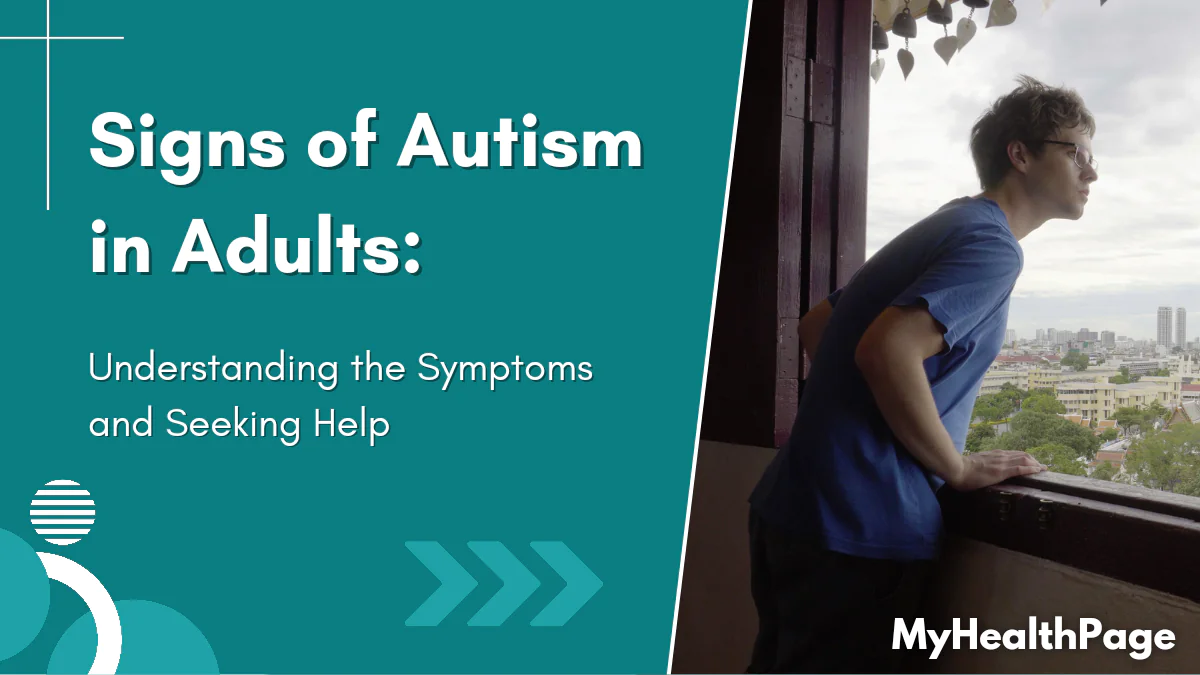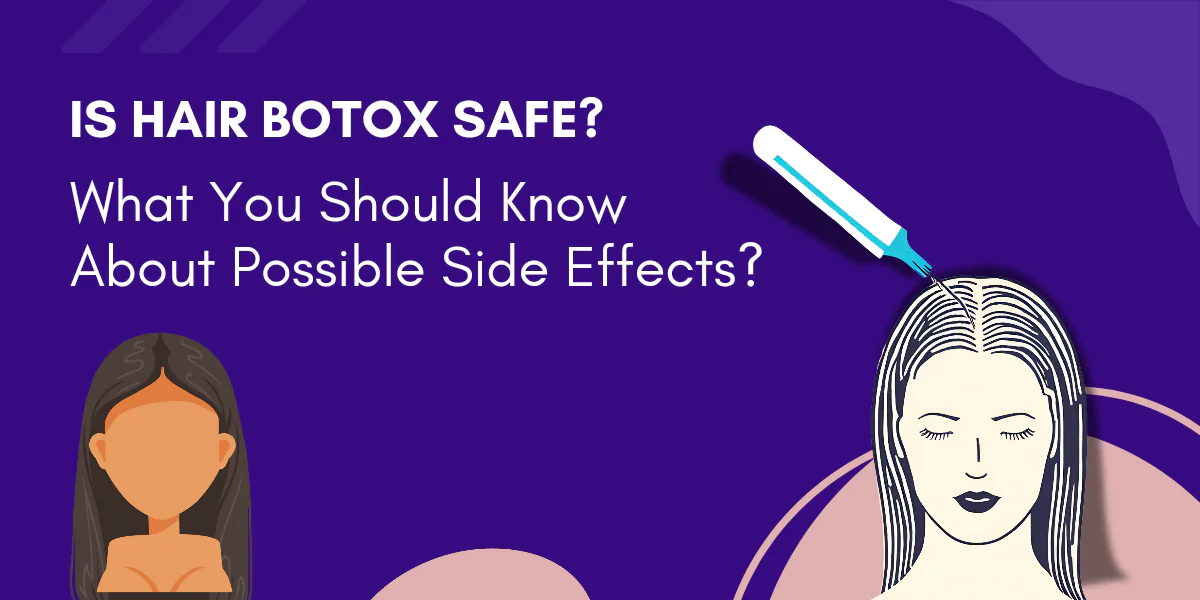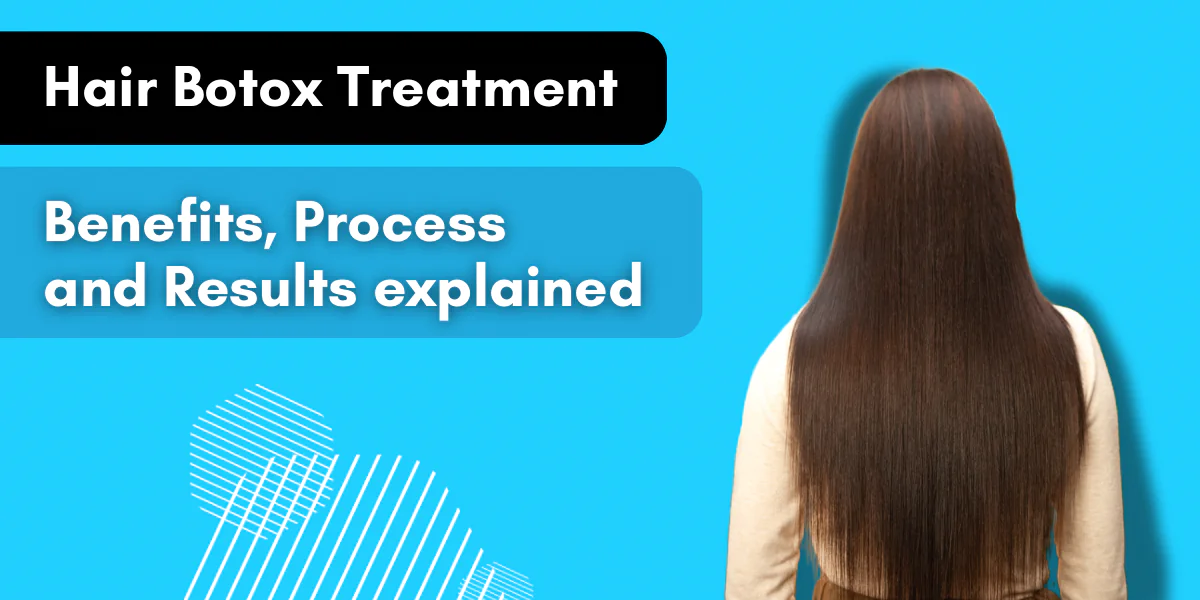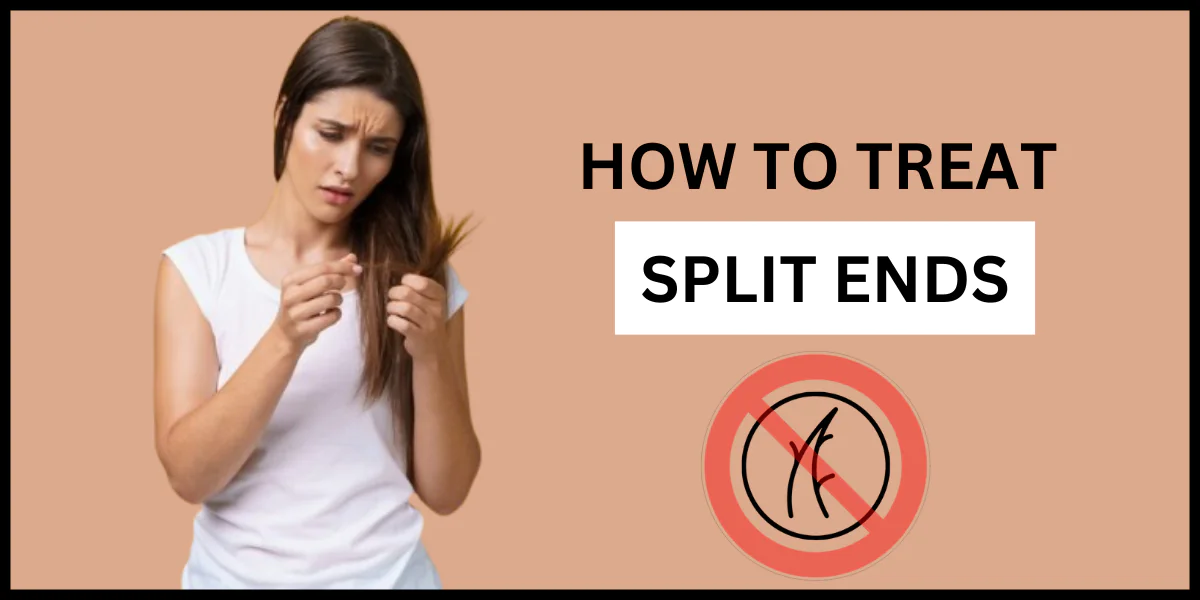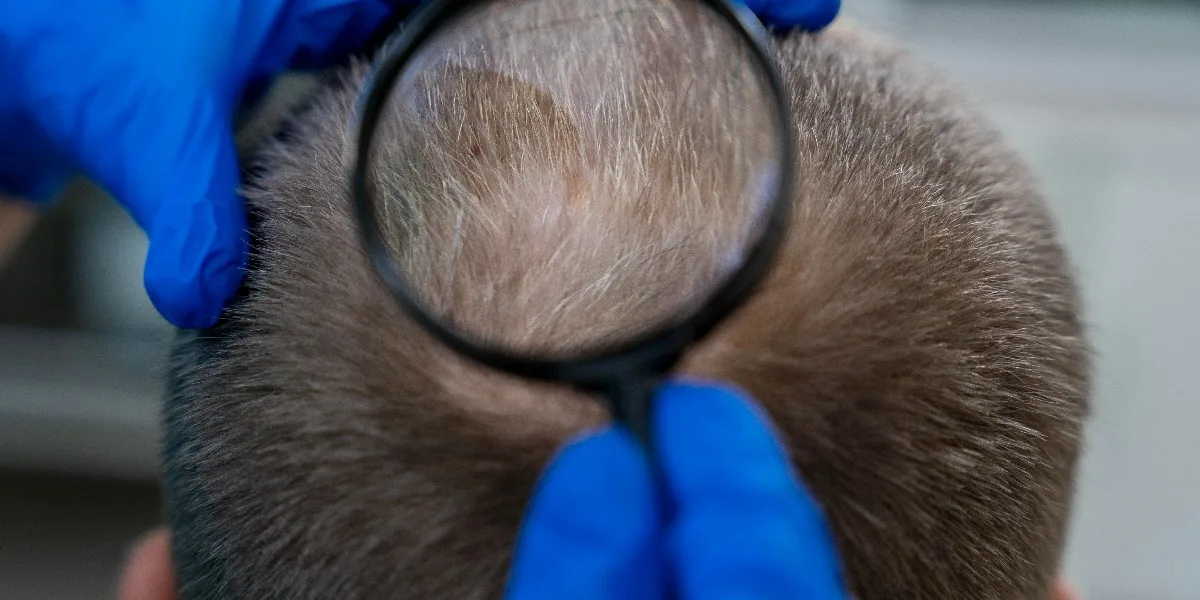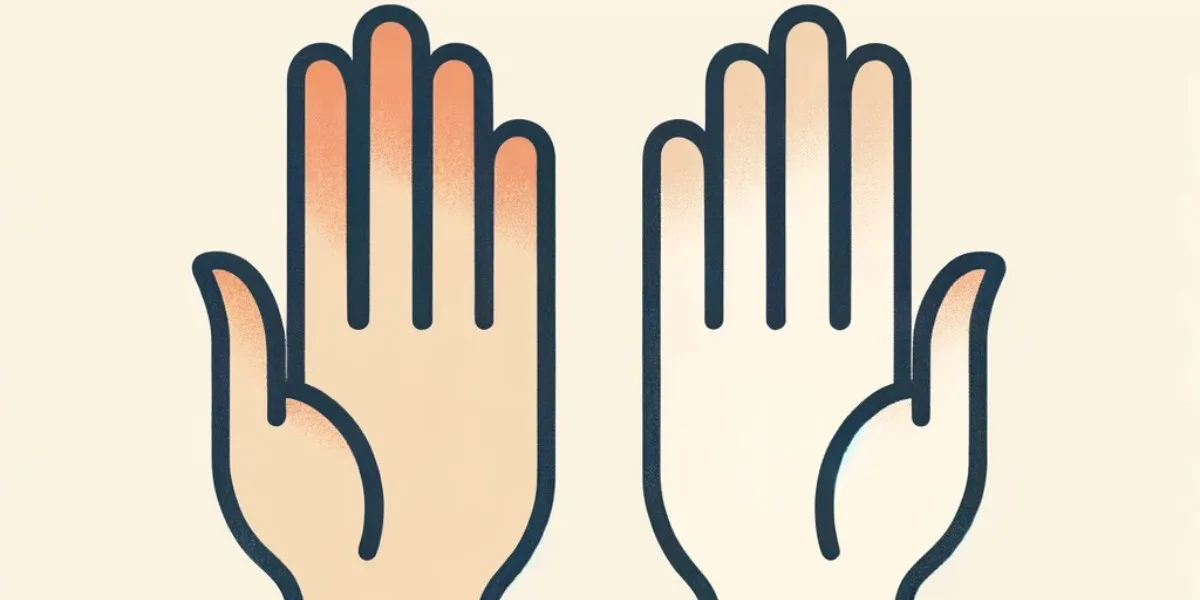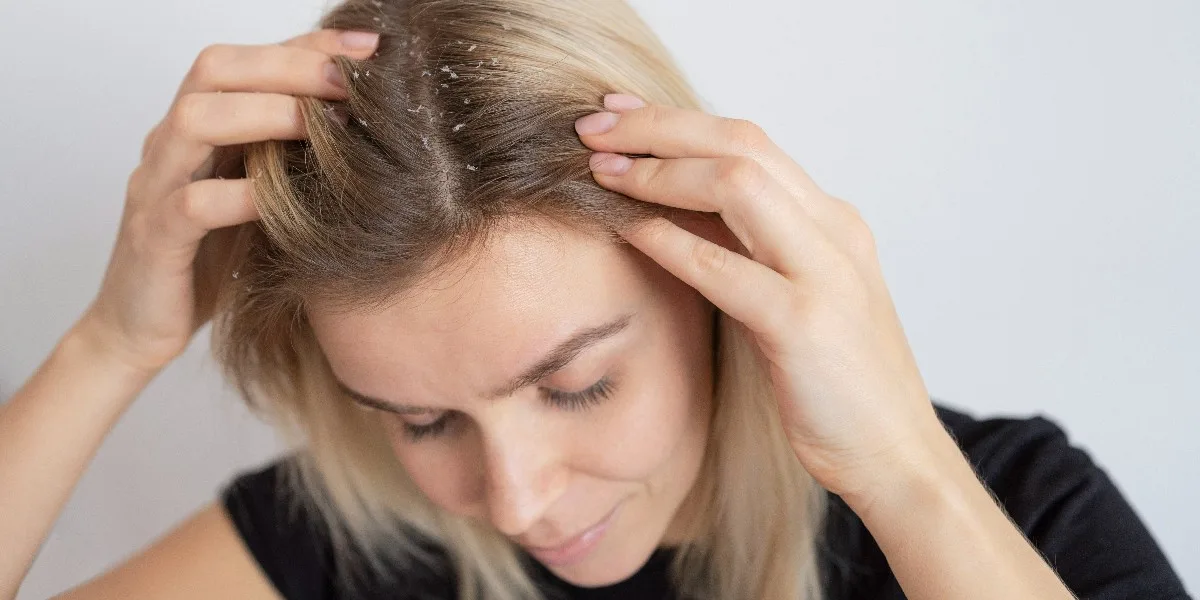Hair loss can be an alarming experience, affecting self-esteem and confidence. While many factors contribute to hair loss—such as genetics, age, and hormonal changes—chronic stress is an increasingly recognized cause. Stress-induced hair loss occurs when prolonged stress disrupts the hair growth cycle, leading to noticeable thinning or shedding.
In this article, we’ll explore how chronic stress contributes to hair loss, the types of stress-related hair conditions, and actionable strategies to manage stress and promote healthier hair.
How Chronic Stress Impacts Hair Growth
Hair growth occurs in cycles, with each strand undergoing three main phases:
- Anagen (Growth Phase): Hair actively grows for several years.
- Catagen (Transition Phase): Hair stops growing and prepares for shedding.
- Telogen (Resting Phase): Hair falls out, making room for new growth.
Chronic stress disrupts these cycles, causing more hairs to prematurely enter the telogen phase, leading to excessive shedding. Additionally, stress triggers hormonal changes that can damage hair follicles and slow regrowth.
Types of Hair Loss Linked to Chronic Stress
1. Telogen Effluvium
- What It Is: A common condition where stress pushes a large number of hairs into the resting phase. This leads to noticeable shedding several weeks to months after a stressful event.
- Symptoms: Sudden, diffuse thinning of hair, particularly on the scalp.
- Causes: Emotional stress, physical trauma, or illness.
2. Alopecia Areata
- What It Is: An autoimmune disorder where the immune system attacks hair follicles, often triggered by severe stress.
- Symptoms: Patchy bald spots that can develop on the scalp, face, or body.
- Causes: Genetic predisposition combined with chronic stress or anxiety.
3. Trichotillomania
- What It Is: A compulsive disorder characterized by the urge to pull out one’s hair, often as a response to stress or anxiety.
- Symptoms: Uneven hair loss, bald patches, and thinning in areas accessible to the hands.
- Causes: Chronic stress or emotional distress.
4. Androgenic Alopecia (Worsened by Stress)
- What It Is: A genetic form of hair loss (male or female pattern baldness) that can be accelerated by stress.
- Symptoms: Receding hairlines or thinning at the crown.
- Causes: Stress amplifies the effects of hormones like dihydrotestosterone (DHT), which shrink hair follicles.
The Role of Hormones in Stress-Induced Hair Loss
When the body experiences stress, it releases cortisol and other stress hormones. Elevated cortisol levels can:
- Disrupt Hair Follicle Function: Cortisol interrupts the natural hair growth cycle, forcing hairs into the resting phase prematurely.
- Increase Inflammation: Stress-related inflammation weakens hair follicles, making them more susceptible to shedding.
- Trigger Hormonal Imbalances: Chronic stress may alter levels of androgens, exacerbating hair thinning in people predisposed to androgenic alopecia.
Signs Your Hair Loss Is Stress-Related
Recognizing stress-induced hair loss early can help you take corrective action:
- Sudden, noticeable shedding several weeks after a stressful event.
- Patchy bald spots that may regrow over time.
- Increased shedding while brushing, washing, or styling hair.
- No significant family history of hair loss.
- Hair regrowth that stops or slows after ongoing stress.
How to Manage Chronic Stress to Prevent Hair Loss
Stress management is essential for mitigating hair loss and promoting healthy hair growth. Here’s how to reduce stress and its effects on your hair:
1. Practice Mindfulness and Relaxation Techniques
- Meditation: Daily meditation reduces cortisol levels and improves overall mental well-being.
- Yoga: Combines physical movement and mindfulness to relieve tension.
- Deep Breathing Exercises: Helps calm the nervous system during moments of acute stress.
2. Maintain a Balanced Diet
Eating nutrient-rich foods supports hair health and counteracts the effects of stress:
- Protein: Found in eggs, lean meats, and beans; essential for keratin production.
- Omega-3 Fatty Acids: Found in salmon, walnuts, and chia seeds; reduce inflammation and nourish hair follicles.
- Biotin and Zinc: Promote hair strength and regrowth.
3. Get Regular Exercise
Physical activity reduces stress hormones and increases endorphins, improving mood and supporting healthy hair growth. Activities like running, swimming, and strength training are particularly effective.
4. Improve Sleep Habits
Sleep is critical for repairing the body and managing stress. Aim for 7–9 hours of quality sleep each night, and establish a consistent bedtime routine.
5. Seek Professional Help
If stress feels unmanageable, consult a mental health professional or therapist. Cognitive-behavioral therapy (CBT) can help address chronic stress and anxiety.
Hair Care Tips for Stress-Related Hair Loss
1. Use Gentle Hair Products
- Avoid harsh shampoos or treatments that can irritate the scalp.
- Opt for sulfate-free, hydrating shampoos and conditioners.
2. Minimize Heat Styling
Excessive use of blow dryers, flat irons, and curling wands can weaken hair. Let your hair air-dry and avoid high-heat settings.
3. Avoid Tight Hairstyles
Tight ponytails, braids, and buns can pull on hair follicles, exacerbating hair loss. Choose looser styles to reduce strain.
4. Consider Scalp Massages
Massaging the scalp improves blood circulation, delivering essential nutrients to hair follicles. Use oils like coconut or castor oil for added nourishment.
5. Avoid Overwashing
Washing hair too often can strip it of natural oils, leading to dryness and breakage. Stick to 2–3 washes per week or as needed for your hair type.
When to See a Doctor
If you notice significant or persistent hair loss, consult a healthcare professional or dermatologist. They may recommend:
- Blood Tests: To rule out underlying issues like thyroid imbalances or nutrient deficiencies.
- Medications: Such as minoxidil for hair regrowth.
- Therapies: Platelet-rich plasma (PRP) therapy or laser treatments for stimulating hair follicles.
Myths About Stress and Hair Loss
Myth 1: Stress Causes Permanent Hair Loss
Fact: Stress-induced hair loss, such as telogen effluvium, is often temporary and reversible with proper care and stress management.
Myth 2: Stress Instantly Causes Hair Loss
Fact: Hair loss from stress typically occurs weeks to months after the stressful event due to the natural hair growth cycle.
Myth 3: Only Severe Stress Causes Hair Loss
Fact: Chronic low-level stress can also disrupt hair growth over time.
FAQs About Stress-Induced Hair Loss
1. How long does it take for hair to regrow after stress?
Hair regrowth can begin within 3–6 months after stress levels are reduced, but it may take up to a year for full recovery.
2. Can hair loss return if stress persists?
Yes, ongoing stress can cause repeated cycles of hair loss and regrowth.
3. Is hair loss caused by stress hereditary?
Stress-induced hair loss is not hereditary, but genetic factors may influence the severity or likelihood of other types of hair loss.
4. Are there supplements for stress-related hair loss?
Supplements containing biotin, zinc, vitamin D, and iron can support hair health, but it’s best to consult a doctor before starting any regimen.
5. Does cutting hair reduce stress-related hair loss?
Cutting hair doesn’t prevent hair loss but can make thinning less noticeable and improve manageability.
Conclusion
Chronic stress is a significant factor contributing to hair loss, disrupting the natural hair growth cycle and leading to conditions like telogen effluvium, alopecia areata, and trichotillomania. While stress-induced hair loss can be distressing, it is often reversible with proper care and
Read Also: does dandruff cause hair loss ?
Medical Disclaimer: This article is for informational purposes only and is not a substitute for professional medical advice. Always consult with a healthcare provider for personalized recommendations.




